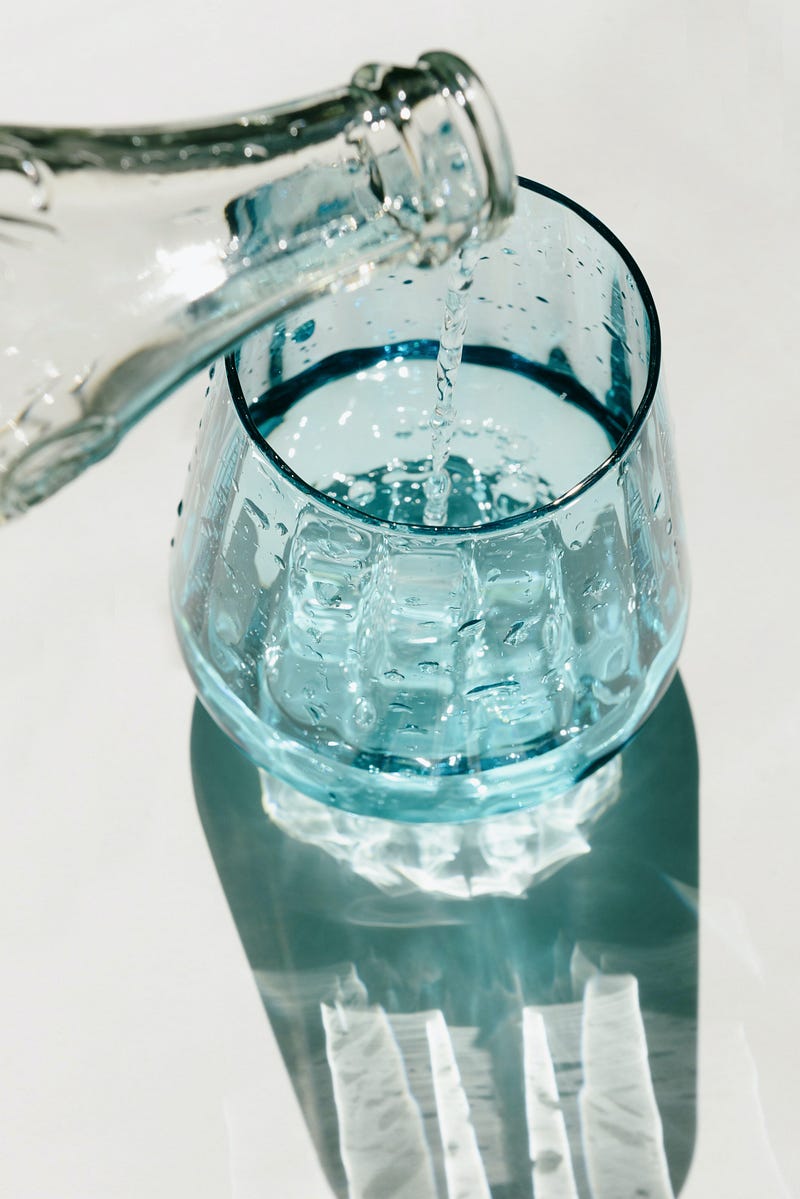The secret to avoiding dehydration and maximising athletic performance
As we all know, our bodies function better when well-hydrated. Hydration is particularly important for athletes and active people, especially when training sessions cause them to sweat and lose fluid and electrolytes.

Visit activeplantbased for professional help and plant-based nutrition training.
An athlete’s goal when it comes to drinking water should be euhydration, meaning balancing between their fluid loss and fluid intake.
Therefore, a fluid shortage can severely affect performance, especially if it continues for long.
Some short and long-term effects/symptoms of not drinking enough can be fatigue, trouble concentrating, headaches, thermoregulating issues, muscle cramping and more…
Ways to spot dehydration/low fluid intake in your body:
- Experiencing fatigue frequently
- Little and dark in colour urine
- Continuous weight loss
- Finding it difficult to recover and regain energy after training
If you experience some or all of the above and given that your nutrition is balanced, you should pay more attention to your fluid intake.
It would be best if you always tried to prevent your body from reaching dehydration or hypohydration rather than letting it happen and then trying to compensate for it.
Sodium and carbs help the body absorb fluids. You can either buy such drinks ready or powder to add to water or stir 400–1000mg of sodium per litre of water (1g salt contains about 40mg sodium). Mixing fruit juice into water will also provide carbohydrates (fructose and glucose).
Be careful: Drinking an excessive amount of water is not good for the body, either.
Fun fact: Symptoms of drinking too much include nausea, vomiting, and headaches and can even cause what is called ’’water intoxication’’, brain damage and other severe issues, although that is very hard to reach and requires immense effort. I highly doubt that one could do that to himself.
Coffee, tea and other beverages help reach your daily fluid intake, too!
Exercise and water intake
Obviously, the more you move your body and exercise, the more sweat you produce and finally, the more water (and electrolytes) you should drink to keep up with your daily needs.
Tips and signs you are drinking enough water
- Make sure to keep a large, refillable water bottle nearby at all times — one at home and one at work.
- Check the colour of your urine when you visit the toilet — if it is light yellow or colourless, you stay adequately hydrated.
- Don’t wait until you feel thirsty — sip water regularly throughout the day, even when you don’t feel thirsty.
- Make sure to drink before, during and after meals, as well as before, during and after physical activities.
- If you find drinking water boring, find ways to motivate you to drink more; perhaps you can add slices of citrus fruits or berries to make it more flavourful, or even keep a water tracker/journal!
A key takeaway from this blog is always to try to stay hydrated. Drinking enough water throughout the day can help boost energy levels, keep your body healthy and reduce the risk of dehydration-related illness. Additionally, staying hydrated can improve cognitive performance, enhance physical performance and help speed up recovery after exercise.
It is important to ensure you drink enough water daily to get the most out of your body and mind. Have a glass of water!

